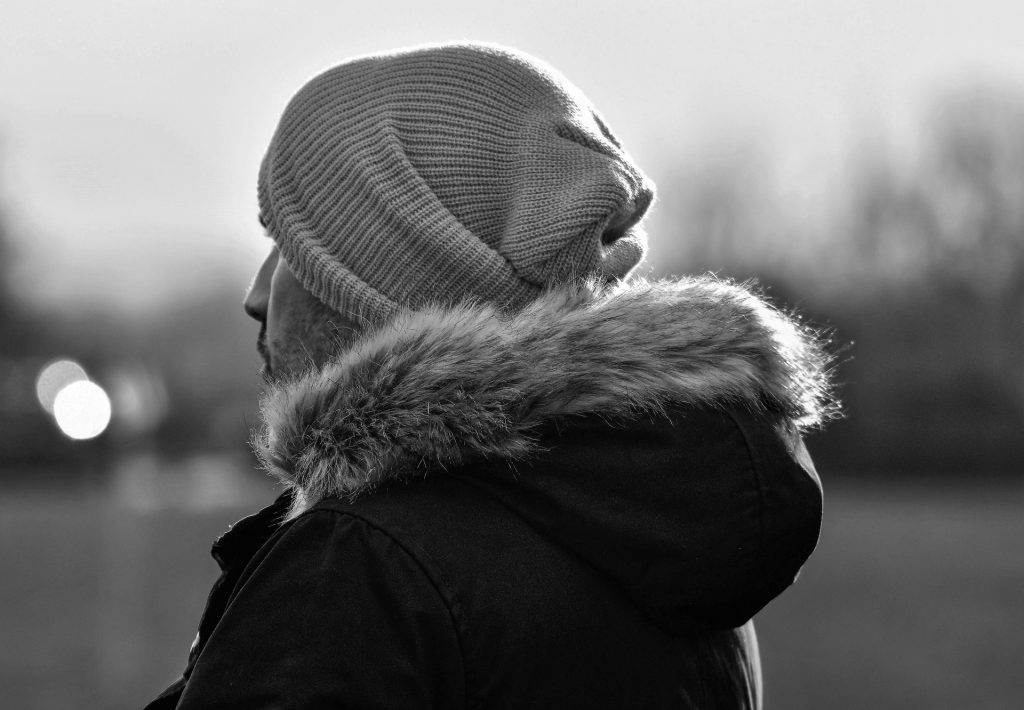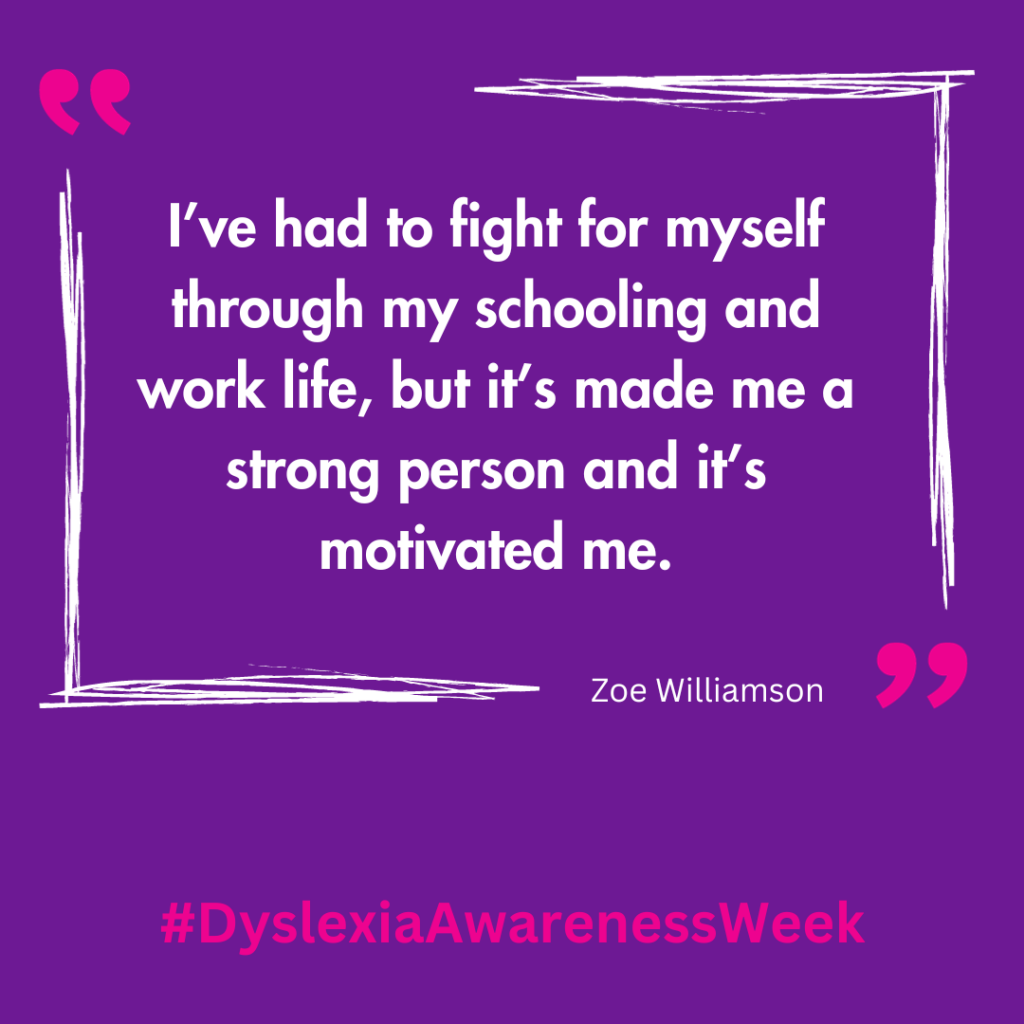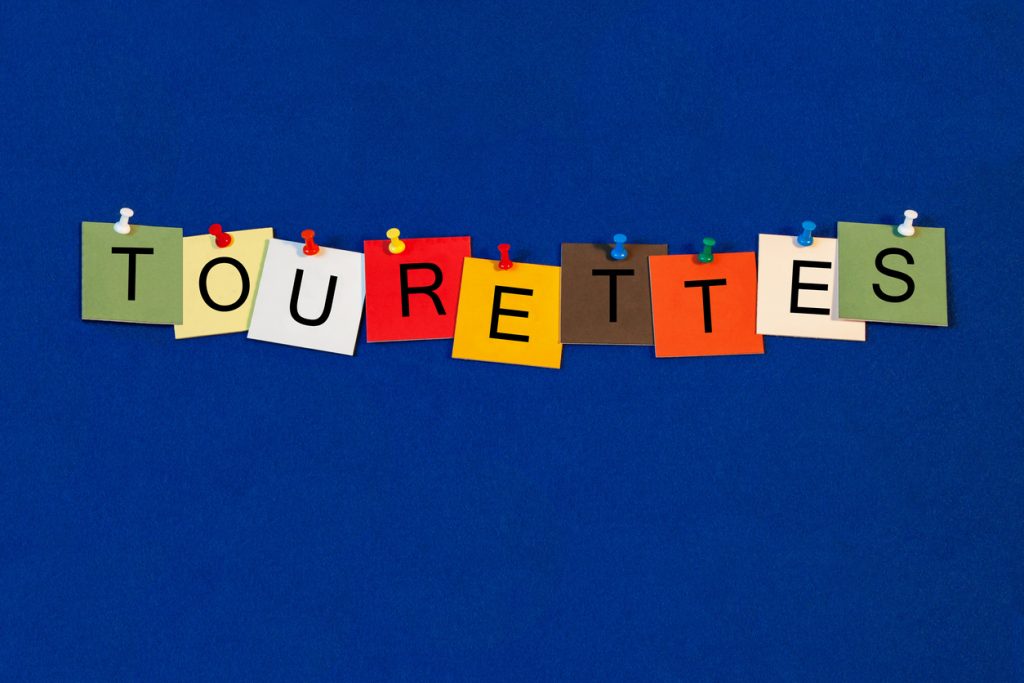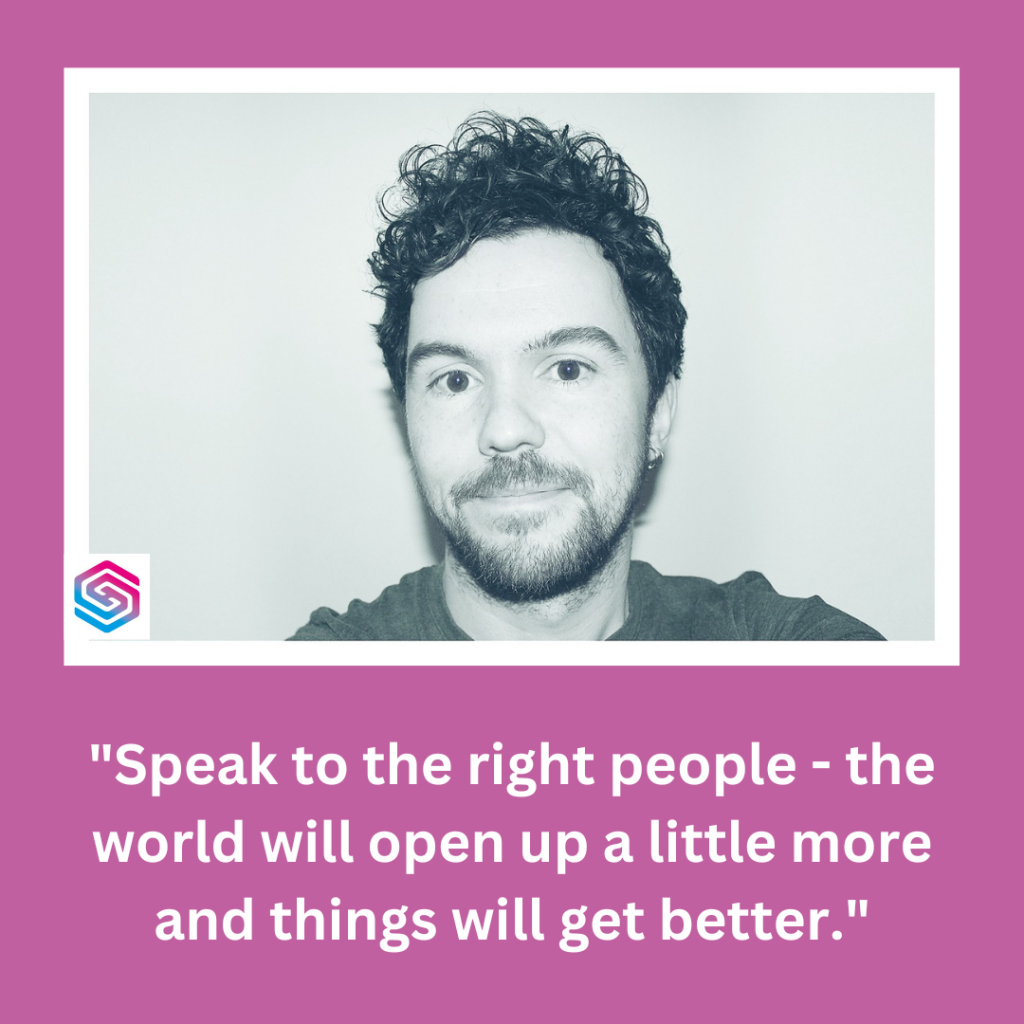Liam*, a mental health nurse, talks about his experience of recovery from anorexia nervosa, and how he believes his gender impacted his initial diagnosis. Please note that the following may include triggers…
*Name and image changed for anonymity.
“I became quite fixated on cutting out foods and eventually restricting my calorie intake…”
I struggled a lot with self-esteem issues during the onset of puberty. My body was one strand of these self-esteem issues. I quickly started to feel my diet and weight were the easiest elements of my self-esteem to control, therefore I became quite fixated on cutting out foods and eventually restricting my calorie intake. Before my diagnosis, I always viewed my unusual eating habits as “dieting”, as a lot of my friends also dieted at the time. A part of me knew that my “dieting” habits were a little more extreme than my peers, but I put this down to being someone who tends to put 110% into things I set my mind to.
My immediate family considered me a “dieter” too. My mum felt eating disorders were very “black and white”, in that a person with an eating disorder simply doesn’t eat (she shared this thought with me after my diagnosis). That, mixed with it being culturally unusual at the time for a male to have an eating disorder, reinforced my belief that I was simply a “dieter”. I struggled a lot with dizziness and loss of consciousness, but my immediate family put this down to low blood pressure running in the family. Teachers at school noted my weight loss and my guidance teacher had a brief conversation with me wherein she asked if I ever struggled with bulimia-like symptoms such as self-induced vomiting, which I never had, therefore the conversation ended.
“They [CAMHS] said quite transparently that I was being seen because there were concerns around my eating habits…”
It wasn’t until my aunt noticed I had been using diet pills and had a more in-depth discussion with me about what my thoughts around food were that I sought help. I knew I likely needed mental health support due to my self-esteem issues, but the relationship between this and eating was still unclear to me. At 17 I struggled a lot with anxiety, so my aunt attended the GP with me and relayed her concerns. I was referred to CAMHS and seen quite quickly afterwards.
Interestingly, when I attended my CAMHS appointment, I wanted to focus on anxiety. I had no comprehension that my eating habits would be of interest to the clinicians. They interrupted me and said quite transparently that I was being seen because there were concerns around my eating habits. Though this threw me, I found the opportunity to discuss things beneficial. I wasn’t sure what to expect with regards to an outcome from the first appointment. I was very quickly assigned a psychologist and psychiatrist in CAMHS and diagnosed with anorexia nervosa.
“I was hesitant to accept the diagnosis…”
I was very surprised when I was given the diagnosis. My immediate family seemed slightly surprised that I was receiving mental health treatment and were even more so surprised when I shared my diagnosis. They felt my eating habits were a “symptom” of a wider issue. I was hesitant to accept the diagnosis due to my family struggling to accept it. I felt as though everyone’s surprise meant I was being misdiagnosed or that I had misrepresented myself to professionals.
“They [CAMHS] offered me a sense of validation about my difficulties that I had never felt before…”
By the time of my diagnosis, I had left school and isolated myself from a lot of my friend groups. The biggest support for me during my toughest times were the CAMHS professionals I worked with. When I started to challenge my eating disorder in treatment, I felt extremely vulnerable. My eating disorder “voice” challenged any attempts at progress, which ironically caused me to experience my toughest times ever with my eating disorder. I found the professionals working with me during that time to be really understanding, and they offered me a sense of validation about my difficulties that I had never felt before.
“At times, I felt a bit overwhelmed by the volume of professionals I was seeing…”
I was referred to CAMHS by my GP and very quickly seen so I do not feel my gender was disadvantageous to me as far as treatment in CAMHS was concerned. I then started out-patient treatment soon after my initial meeting with CAMHS. The out-patient treatment was comprehensive – I saw a psychologist, a dietician, and a psychiatrist initially. I was struggling to recover weight due to my poor comprehension of having an eating disorder, so I was then referred to a day-patient support as well as occupational therapy. I also received scans which confirmed bone density issues I would have to manage for the rest of my lifetime. It was quite a comprehensive treatment package. At times, I felt a bit overwhelmed by the volume of professionals I was seeing.
Unfortunately, in the build-up to my 18th birthday, I felt pressured by friends to have a big celebration. My self-esteem was quite low at the time due to the weight I had recovered in treatment, so I was worried to be around people, which led to me having quite a significant relapse. I spent a few days in a CAMHS in-patient facility because of this.
I was the only male with an eating disorder in most of the group therapies I attended through CAMHS, but I was not made to feel different from others.
“However, I definitely think my gender played a role in the delay to my diagnosis…”
My understanding of eating disorders in my adolescence was as a “girls” condition, as this is how it had been portrayed in any TV shows I had seen. Looking back, a lot of my symptoms (not eating and passing out in school) were quite obvious symptoms which, though recognised by school, were not followed through with or discussed properly. I feel this was likely because of my gender.
I feel the “ideal image” of men sold to us within the media is at times mistaken as the perfect, healthy physique. I think the reality is men who spend a lot of time in the gym chasing a chiselled physique are also at risk of struggling with eating disorder behaviours. But because the image men are chasing isn’t necessarily depicted as emaciated, I feel it is easy to assume men chasing the “ideal image” are always healthy.
“I would advise men struggling with an eating disorder to look past food, exercise, and other eating disorder behaviours to reflect on what these behaviours are really protecting you from…”
The biggest realisation for me was that I was using my eating disorder to feel in control of an aspect of my life, as I felt so wildly out of control in every other aspect. I would advise men struggling with an eating disorder to look past food, exercise, and other eating disorder behaviours to reflect on what these behaviours are really protecting you from. For me, the surface level fear of becoming overweight was masking much bigger core beliefs about myself that go deeper than weight or food.
I would also recommend people trust the process with regards to their recovery from an eating disorder. I couldn’t fully engage in psychological therapy until my weight was somewhat restored due to the cognitive deficits. This meant there was a period where I was weight restored, but still had a lot of negative eating disorder cognitions. Trusting the process when weight restored by engaging in psychological therapy and trying to do so with an open mind was the best decision I made.
“As a mental health nurse, I sometimes wish I could let patients know I can empathise with them on a personal level…”
There is a drive in my health board to improve provision of peer support and I feel this can only be beneficial for people. I know as a mental health nurse I sometimes wish I could let patients know I can empathise with them on a personal level, but that isn’t appropriate in my role. The specific role of peer support allows people to feel heard and understood in such a unique way and I hope this support increases.
“Boys are still brought up hearing gender stereotypes such as ‘men don’t cry’ and ‘men are strong’…”
Though we have come a long way even in the past ten years, there are still generations of men who were not educated about mental health hygiene, or mental health in general. To this day, boys are still brought up hearing gender stereotypes such as “men don’t cry” and “men are strong”. I feel these early exposures to stereotypes need to be negated with education about the reality of mental health illness in men, and how these stereotypes at times reinforce mental health difficulties for men.
“If I could talk to my 12-17-year-old-self now…”
I would encourage myself to look at my strengths. I spent so long dwelling on what I perceived as weaknesses, only to later embrace them as characteristics which allowed me to make good friends and sustain a successful career for myself. I wish I could have embraced them sooner.
Hidden Strength thanks Liam for sharing his story with us and wish him strength and love in his continued recovery. We also give our thanks to the amazing team at Beat. If you need help with an eating disorder, please visit https://www.beateatingdisorders.org.uk/ to get information and support.








